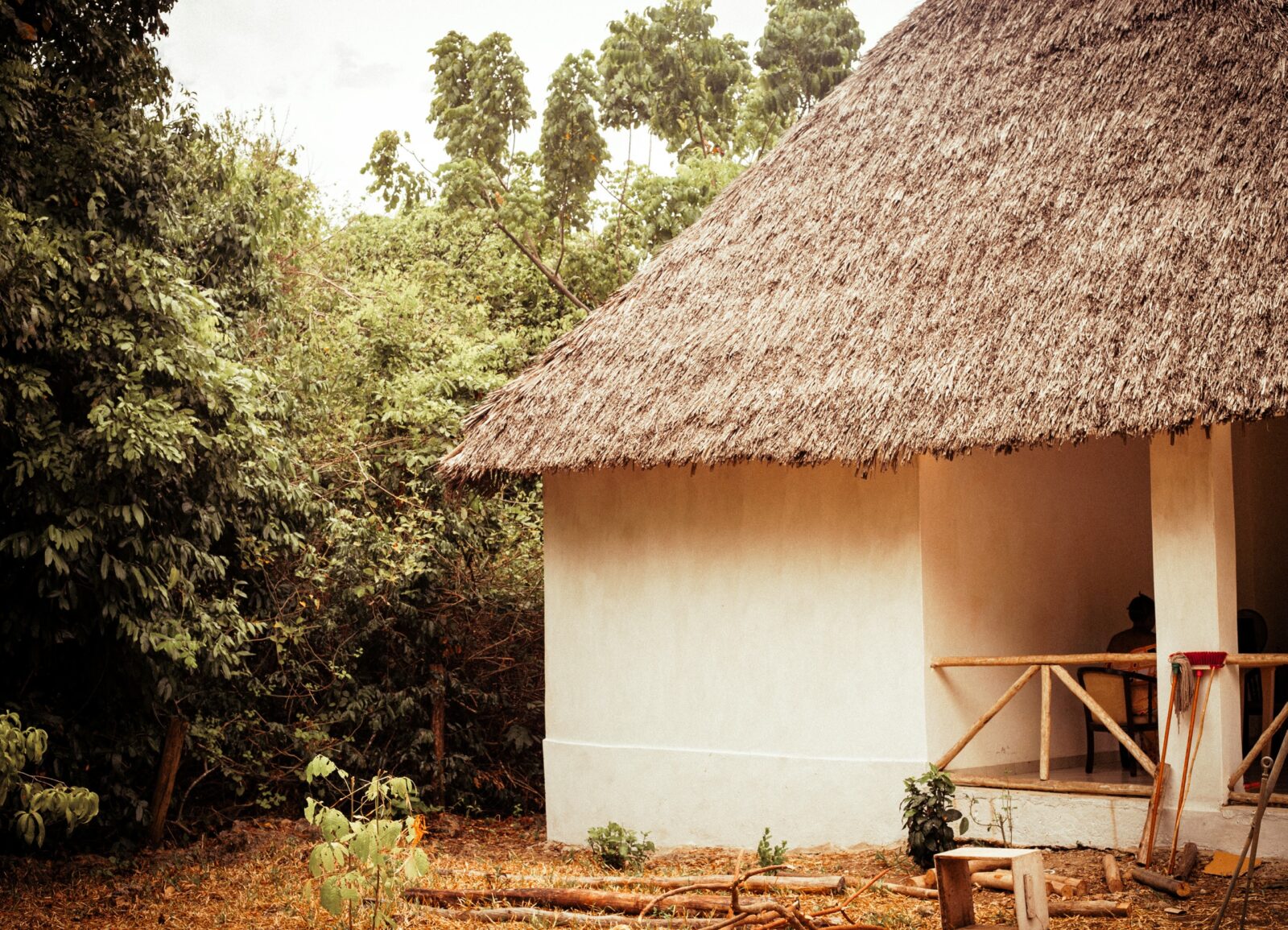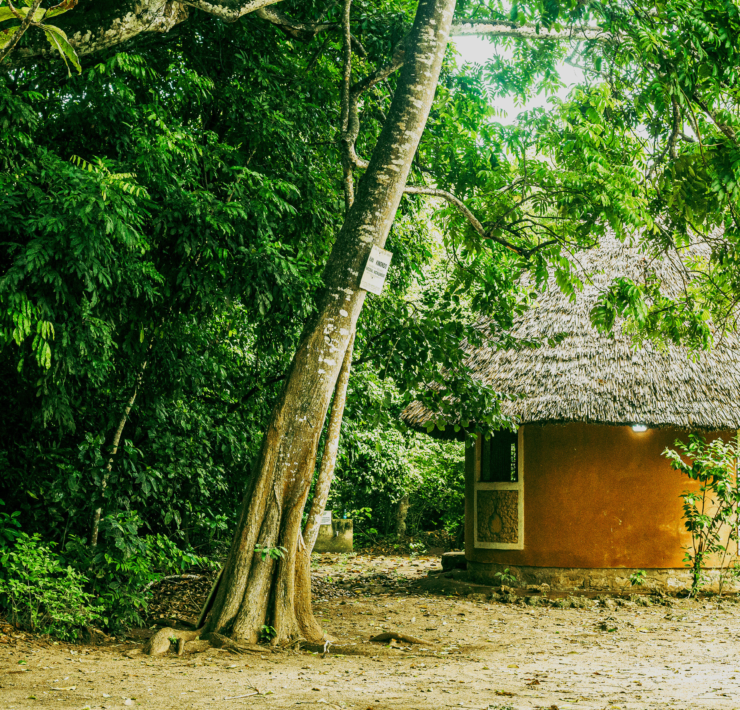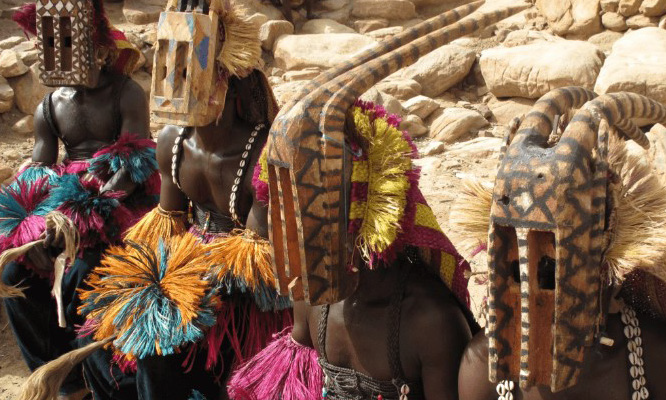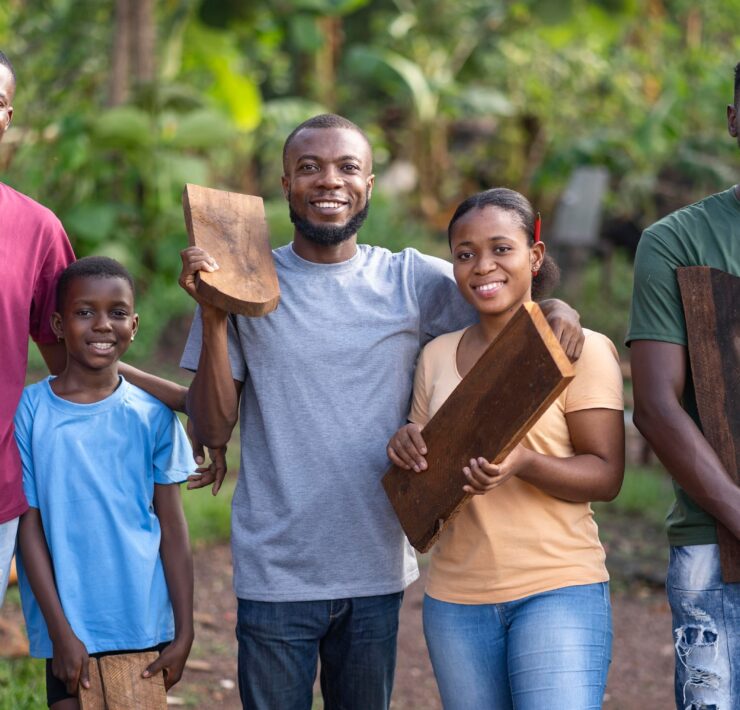We Moved to a Sacred Forest

Samuel Phillips is a writer, graphic designer, photographer, songwriter, singer…
We Moved to a sacred forest
There is something very beautiful about green spaces, forest living, ocean life, and eco-living generally. You feel alive as you merge with the beauty and biodiversity around you. This is the excitement my family and I felt when we took our journey from the Nairobi area to a forest house in a sacred forest on the South Coast of Kenya.
Before coming to the coast, we lived in an area called Tuala, in Kajiado County, just outside of Nairobi. In close proximity to the Nairobi National Park, the presence of wild animals was constant. When I would go for my morning walks or photo hunting in the savanna, I came across animals like Hyenas, Warthogs, Zebras, Giraffes, Antelopes, and occasionally the sound of Lions in the distance. I loved the interaction with the wildlife in Tuala, but coming to live in the forest house in Kaya Kinondo Sacred Forest, is a different vibe altogether.
Kaya Kinondo Sacred Forest is thirty acres of indigenous trees, and it’s sacred to the Digo tribe of the Mijikenda community on the coast of Kenya.
In sharp contrast to the Savanna where we lived in Tuala, which is mostly dry and dusty but green when it rains, the Kinondo forest landscape is constantly green, lush, cool, and quite comfortable. And because the forest itself is just two minute’s walk from the ocean, the wind from the ocean often makes the forest cool and breezy. The forest features about two thousand indigenous trees, lots of baboons, red squirrels, colobus monkeys, blue monkeys, hornbills, and lots of other creatures like insects and rodents. So, it has become normal to go to bed to the sound of insects humming all night in the forest and then wake up in the morning to the sound of monkeys playing in the trees nearby or even on the thatched roof of our forest house.
It’s one big vibrant ecosystem of biodiversity and it is lovely. I must not forget to mention that right in the house, which is two rooms, you get to interact with all manner of insects, spiders, and sometimes millipedes. But as we kept cleaning the place daily, the crawlers have reduced to some extent.
Kinondo Village
When we first moved to our friend’s house in Kinondo village, we mentioned that we were looking for a place to stay. He then told us about the house in the sacred forest. All arrangements were quickly made for us to take up the vacant house and while we were awaiting renovations to be made (it was damaged due to disuse because of COVID restrictions), I walked around the village several times and several things that caught my attention were the clean air, healthy green spaces, massive amounts of fruit trees and peace with which people relate with themselves. People still know how to say hello to one another in the morning. I also noticed that all the houses were built using limestone, which is a natural building material that they dig from the ground right on the building site. Talk about eco-friendly buildings right in the heart of the so-called rural areas. So, while those in the big cities are talking about sustainable development in over-priced conferences, those in the rural areas are the ones using sustainable materials for their homes. The forest house we currently live in is built using limestone and also covered with a thatched roof, which is a natural material. The bricks are laid using cement mortar and plastered using cement, but we are looking into ways to work with limestone and no cement. From our research, it is very possible.
Where are the police?
I also noticed there was no police presence or even a single police station in the area. I asked our host about it and he said it was a deliberate request by the community leaders. Why? There is no need for it because the community leaders know how to resolve issues among their people and it’s considered taboo among the Digo tribe to involve external systems (e.g. police) in their affairs. We’ve been here for more than a month and not a single crime has been committed. Does that sound like the Africa we walked away from in search of modernity? I bet it does. We need to return to the African way of wisdom and truth.
What's Your Reaction?
Samuel Phillips is a writer, graphic designer, photographer, songwriter, singer and a lover of God. As an Afrikan content creator, he is passionate about creating a better image and positive narrative about Afrika and Afrikans. He is a true Afrikan who believes that the true potential of Afrika and Afrikans can manifest through God and accurate collaborations between Afrikans. Afrika is the land of kings, emperors, original wisdom, ancient civilizations, great men and women and not some road-side-aid-begging poor third world continent that the world finds joy in undermining.


















